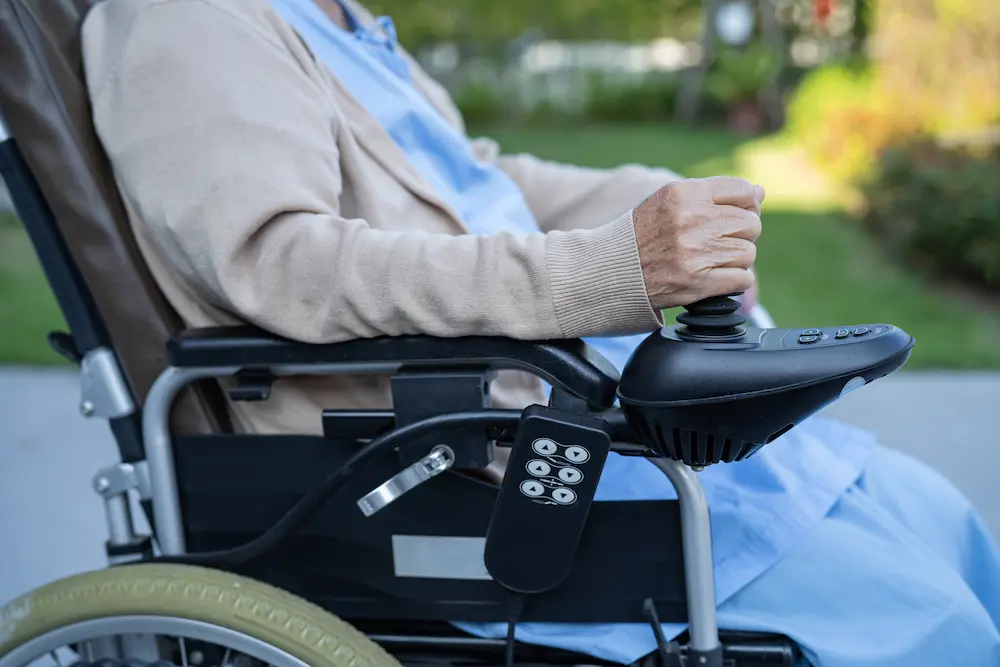Atrial Fibrillation, commonly referred to as AFib, presents various challenges, especially in the elderly population. This condition involves irregular, often rapid heartbeats that can lead to severe complications. It’s essential to understand how dangerous AFib can be for the elderly so families and caregivers can respond effectively.

Understanding AFib
Atrial Fibrillation (AFib) is an irregular heartbeat that can result in blood clots, stroke, heart failure, and other heart-related complications. The elder population is particularly vulnerable to these complications, posing significant health risks.
What Causes AFib in the Elderly?
The causes of AFib in seniors can vary. Let’s explore some common factors:
Age-Related Changes
As people age, the heart’s electrical system may undergo changes leading to arrhythmias like AFib. These changes make it important for seniors to have regular heart check-ups.
Other Medical Conditions
Conditions such as high blood pressure, diabetes, and thyroid problems can increase the risk of developing AFib. It’s crucial for seniors to manage these conditions to prevent complications.
Risks Associated with AFib in Elderly
The question of how dangerous AFib is for seniors often comes with concerns about severe complications. Here are some notable risks:
Stroke Risk
AFib greatly increases the chance of having a stroke. A detailed plan of care can drastically reduce this risk by ensuring appropriate medications and lifestyle modifications are followed.
Heart Failure
If AFib occurs persistently, it can weaken the heart and lead to heart failure. Proper management and treatment adherence are crucial aspects, which top care tips for older adults often emphasize.
Managing AFib in Seniors
Management of AFib in the elderly requires a multi-faceted approach. Families and caregivers play a vital role in ensuring that treatment is effective.
Medication Adherence
Medications can help control heart rate and prevent blood clots. Ensuring seniors regularly take prescribed medication is crucial.
Lifestyle Adjustments
Encouraging healthier lifestyle choices, such as regular exercise and a heart-healthy diet, can aid in managing AFib.
Regular Monitoring
Frequent health check-ups are essential in identifying any adverse developments early. A personal alert system can provide reassurance in emergencies.
The Importance of Ongoing Support
Seniors dealing with AFib require continuous support and understanding from family, friends, and healthcare providers. This team effort helps in managing the condition more effectively and enhancing the senior’s quality of life.
Innovations in AFib Treatment
With advancements in medical science, new treatments provide hope for better management of AFib. Innovative solutions such as lift chairs promote comfort and independence, making daily life easier for seniors.
Preventative Steps
Preventing AFib or managing its risks involves adoption of healthy habits and regular medical advice.
Healthy Living
Encourage a balanced lifestyle including a diet rich in fruits, vegetables, and whole grains. Engage in regular physical activities tailored to their capabilities.
Avoid Triggers
Alcohol, caffeine, and stress are known triggers for AFib episodes. Minimizing these factors in an elderly persons life can potentially reduce the occurrence of AFib.
Conclusion: Balancing Concerns with Knowledge
While AFib can be serious for the elderly, having the right knowledge and support systems in place can greatly mitigate these risks. Proactivity in lifestyle and medical care ensures a better quality of life.

FAQs About AFib in Elderly
Q: Can AFib be cured in elderly people?
No, AFib can be managed but not cured. Management involves medication, lifestyle changes, and ongoing medical advice.
Q: What lifestyle changes can help control AFib?
Regular physical activity, a balanced diet, stress management, and avoiding caffeine and alcohol can help control AFib
Q: Is AFib hereditary?
There is some evidence that AFib can run in families, although lifestyle and other medical conditions are significant contributors.
This article contains affiliate links. We may earn a commission at no extra cost to you.

